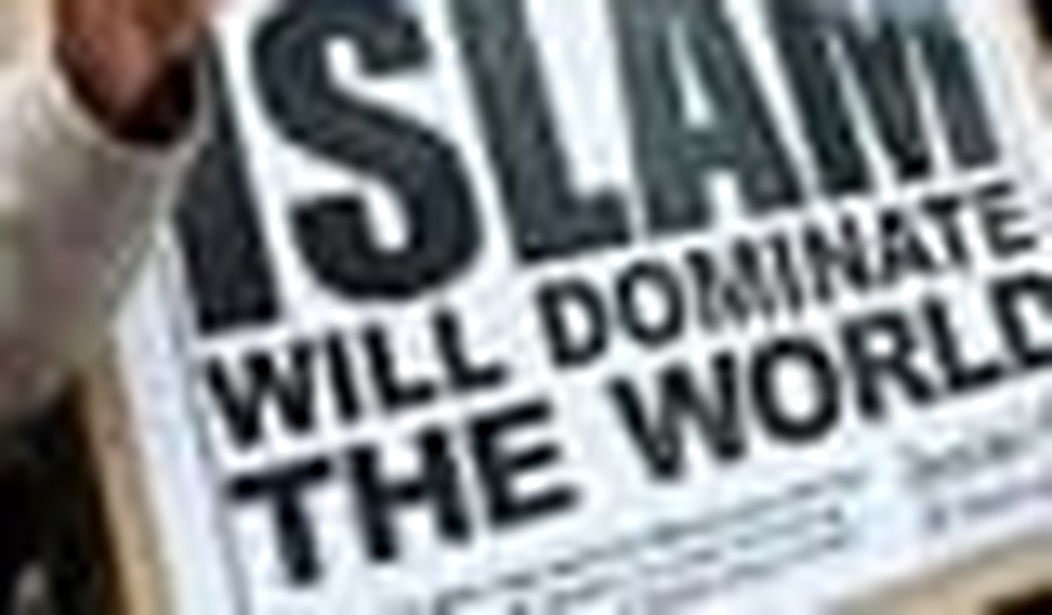Natan Sharansky, former Soviet dissident and current chairman of the Jewish Agency, wrote in his seminal book titled The Case for Democracy about fear societies and free societies. The Arab Middle East has been a collection of largely fear societies. The recent events in Tunisia and Egypt, however, have transformed the psychology of many Arabs, and the political ramifications are soon to follow.
The fear barrier that gripped the people living in the dictatorships throughout the Middle East has been breached. The corrupt dictators in Egypt (Mubarak) and Tunisia (Bin Ali) are now gone, and others like them in the Arab world fear they are next. These dictators deposited billions of dollars in Swiss banks while their people suffered poverty, unemployment, inadequate schooling, and the lack of medical attention. Millions of Arabs who live in poverty-stricken neighborhoods rushed into the capital cities by the tens of thousands, no longer fearing the military, secret police, or the police forces arrayed against them. They proved to their cruel rulers that people’s power matters.
The new Middle East will favor the Muslim Brotherhood (MB). Their mosque-based clinics, feeding stations, and petty employment gave the MB many millions of foot soldiers, who occupied Liberation Square in Cairo and other such squares in different capitals in the Arab world from Algiers to Manama, Amman, Tripoli, and Sanaa.
In Egypt, more than half of the population of 84 million dwells in unplanned communities without running water, a sewage system, electricity, and telephone service. These people, unlike the elites who are tied to the regime, have no access to a social and medical infrastructure, and consequently the Muslim Brotherhood (MB) has been able to tap into their anger and frustration.
The next chapter in Egypt’s history is yet to be written, but there is little doubt that the MB will be a major influence. Under the worst-case scenario, the MB would force the powers to be to immediately sever their relations with Israel, and perhaps with the U.S. as well. The delivery of gas to Israel would cease, and Egypt would ally itself with Iran. Such a government would also shut down the Suez Canal to Western navigation, causing great damage to the European economy. Domestically, an MB-influenced government would implement Sharia law as the law of the land, forcing the Coptic-Christian minority to flee the country, convert to Islam, or live in even greater misery and fear.
On the other hand, if more moderate forces within the MB should prevail, Egypt would continue to constructively engage with the West and seek foreign investments in order to try to feed, clothe, and house its people. Such an MB-influenced Egyptian government might refrain from assuming an openly anti-American and anti-Western policy, knowing that such policies would end the generous U.S. aid to Egypt. And MB leaders are aware that a militant anti-Israel policy might lead the region towards war, the consequences of which would be a decline in foreign investments and increased poverty. It is more than likely, however, that Egypt under MB influence would downgrade its relations with Israel, including the closure of the embassies in Cairo and Tel Aviv.
In Bahrain, a desperately poor Shiite majority has had to endure a Sunni-Muslim royal family and bureaucracy. In Algeria, where the demonstrations were ostensibly about unemployment, tensions between the northern-urban elites who run the political, economic, and informational machinery of the state, and the southern desert nomadic and semi-nomadic Bedouins, who still live in tribal and traditional Islamic societies and are opposed to western influence, broke out. In addition, there are also the longstanding tensions between the Arabs and Berbers.
Jordan’s Palestinian majority has little access to power, and the people in the Palestinian refugee camps suffer from neglect and unemployment. Additionally, hundreds of thousands of Iraqi refugees, who flooded into Jordan in recent years, have increased the economic and social burdens on the Jordanian government. The Muslim Brotherhood is by far the most popular movement in the kingdom, particularly among the Palestinians. King Abdullah II is aware of their dire situation, and understanding that he had to act immediately and decisively, dissolved his government two weeks ago and is seeking to improve basic services.
In the Syrian dictatorship of Bashar Assad, a member of the Malawian minority, the economic strife is even greater than in Jordan. In addition to the chronic unemployment and an influx of hundreds of thousands of Iraqis, the country has suffered from a severe drought in the past few years, forcing nearly a million farmers to abandon their lands and move into urban areas where they have joined the army of the unemployed. Like Jordan, the Sunni-Muslim majority is also allied with the Muslim Brotherhood. And the repressive Baathist dictatorship killed over 20,000 of its people (mostly Sunni-Muslim Brotherhood members) in the city of Hama in 1982. The Syrian-Kurds, disenfranchised and persecuted by the Assad regime, are in double jeopardy, having to endure economic and political repression. Syria is a time-bomb waiting to be ignited. In Syria, the Muslim Brotherhood represents the most serious opposition to the regime.
The largely tribal Arab state of Yemen faces several fundamental problems like the corruption of President Abdullah Saleh, who was appointed by members of his tribe to run most of the state’s apparatus. The southern tribes, who were independent until 1990, are seeking to separate from the north and create their own state. In northern Yemen, Shiite tribesmen are in an open violent rebellion against the Sanaa government, funded, trained, and supplied by Iran. President Saleh may be the next dictator to topple under pressure.
Lebanon is about to come under the full control of Hezbollah, and by extension become part of the Iranian sphere of influence. And in Iraq, a widespread protest movement is emerging against government corruption. Despite the heavy investment of the U.S. in both billions of U.S. dollars and the loss of thousands of American lives, it appears that Iran will add Iraq to its gains, as the U.S. and its allies withdraw their troops.
Even in the seemingly stable kingdom of Saudi Arabia, pockets of instability threaten this Wahhabi-ruled state. In the eastern and Shiite province of Hasa, Iran has incited the populace, and in the southern province of Najran, whose Yemeni population feels discriminated against by the Saudi regime, trouble may be brewing. And, should a leader emerge who unites the exploited and enslaved foreign workers in the kingdom, public order will undergo a major tremor.
Years of oppression and corruption along with the lack of democracy, civil and human rights, and religious freedom have awakened the sleeping giant that is the Arab street. The pent-up anger and frustration is as dangerous as lava from a volcano. Undoubtedly most of the dictatorships in the Middle East will be affected by this sweeping rage. But, without a democratic tradition and lacking a modern economic infrastructure, the new Middle East might be different but not better, and it might very well be replacing its secular oppressors with Islamist oppressors.









Join the conversation as a VIP Member